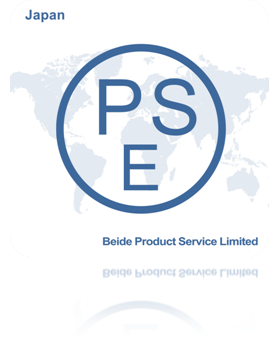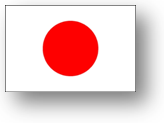Summary of Certification Content
More and more countries have joined the WTO. In order to protect their own industries and markets, many countries have formulated relevant regulations to restrict the technical indicators of imported goods, forming technical barriers that make products safe, environmentally friendly, and compatible. At the same time, they have restricted the import of products - Japan is such a country with a complex security system.

More and more countries have joined the WTO. In order to protect their own industries and markets, many countries have formulated relevant regulations to restrict the technical indicators of imported goods, forming technical barriers that make products safe, environmentally friendly, and compatible. At the same time, they have restricted the import of products - Japan is such a country with a complex security system.

In 1995, Japan issued a new product ban law, which no longer followed the principle of fault party liability. Instead, it adopted the consistent practice of Europe and North America (the fault party liability principle), stipulating that the responsible parties for product safety were product manufacturers, importers, distributors, etc.


Before April 1, 2001, Japan's Electrical and Material Control Act (DENTORI) classified control products into two categories: A and B:
Among them:
Class A includes 165 products, mainly including power cords, fuses, switches, transformers, ballasts, etc; Class B includes 333 products, mainly including lighting, household appliances, office equipment, etc. Class A products must obtain mandatory government certification, namely the T mark, which can only be issued by MITI (Japan's Ministry of Industry and Trade).
The compliance of Class B products requires self declaration or application for third-party certification.
After April 1, 2001, the Electrical and Material Safety Act (DENAN) replaced the DENTORI Act, and Japan also abolished the T-mark. The government no longer directly issued certificates, but authorized third-party certification agencies to conduct product conformity assessment and testing.
The new regulations classify products into 'specific electrical appliances and materials' and 'non specific electrical appliances and materials'. Among them, 'specific electrical appliances and materials' include a total of 112 products; The 'Non specific Electrical Appliances and Materials' category includes 340 products. The 'specific electrical appliances and materials' products entering the Japanese market must obtain third-party certification and bear the PSE (diamond shaped) logo; Non specific electrical appliances and materials products must be self proclaimed or apply for third-party certification, and labeled with the PSE (circular) symbol.
Note: Class A 'Specific Electrical Appliances and Materials' (applicable to diamond shaped markings)